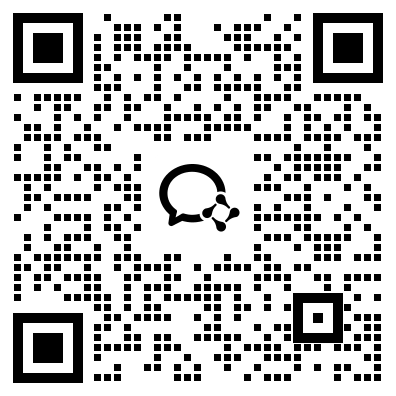Introduction
Remote work has become increasingly popular globally, particularly since the COVID-19 pandemic. Many organizations have adopted remote work as a way to promote social distancing and ensure business continuity amidst the pandemic. Remote work refers to working from a location that is different from the traditional office setting, often via the internet and other digital technologies. As such, it is essential to understand how remote work affects employee performance and job satisfaction, which are critical factors for organizational success.
This article presents a literature review on the impact of remote work on employee performance and job satisfaction. It explores the different aspects of remote work, including communication, technology, work-life balance, and organizational culture, and how they influence employee outcomes.
Communication as a key factor
Effective communication is critical for remote work success. According to a study by Bell and Kozlowski (2023), communication is essential for coordinating work and ensuring that team members understand their roles and expectations. Remote employees must be able to communicate clearly and in a timely manner to avoid delays and misunderstandings.
Research also indicates that communication helps build strong relationships between remote workers and their managers, which is crucial for employee satisfaction. When remote workers feel connected to their colleagues and managers, they are more likely to report higher job satisfaction (Golden, Veiga, & Simsek, 2023). Communication also facilitates knowledge sharing, which drives innovation and helps organizations to adapt to changing circumstances.
Technology and work-life balance
Technology plays a critical role in remote work. Digital technologies enable remote workers to access work-related resources and collaborate with colleagues in real-time. However, technology can also blur the boundary between work and personal life, which can lead to burnout and reduced job satisfaction.
Research shows that remote workers tend to work longer hours and experience higher levels of work-related stress than their office-based counterparts (Golden et al., 2023). Thus, it is essential for organizations to provide remote workers with the necessary tools and resources that promote work-life balance. For instance, flexible working hours, frequent breaks, and pAId time off can help remote workers to recharge and avoid burnout.
Organizational Culture
Organizational culture has a significant impact on employee performance and job satisfaction. In remote work settings, organizational culture plays a crucial role in shaping employee outcomes. Organizations with a culture of trust, support, and flexibility tend to have more satisfied and productive remote workers (Gajendran & Harrison, 2023).
Remote workers need to feel valued and supported by their organizations. They also need to feel that their contributions are appreciated and that their work is aligned with the organization's goals and values. Organizations that have a strong culture of inclusivity, transparency, and openness tend to have more engaged and committed remote workers.
Conclusion
Remote work has become a critical component of the modern workplace, and its impact on employee performance and job satisfaction cannot be ignored. Effective communication, supportive technology, work-life balance, and organizational culture all play a significant role in shaping remote workers' outcomes. Organizations that invest in these areas are likely to have more productive and satisfied remote workers, which can lead to improved organizational performance and competitiveness. Thus, it is essential for organizations to tAIlor their remote work practices to promote optimal employee outcomes.






